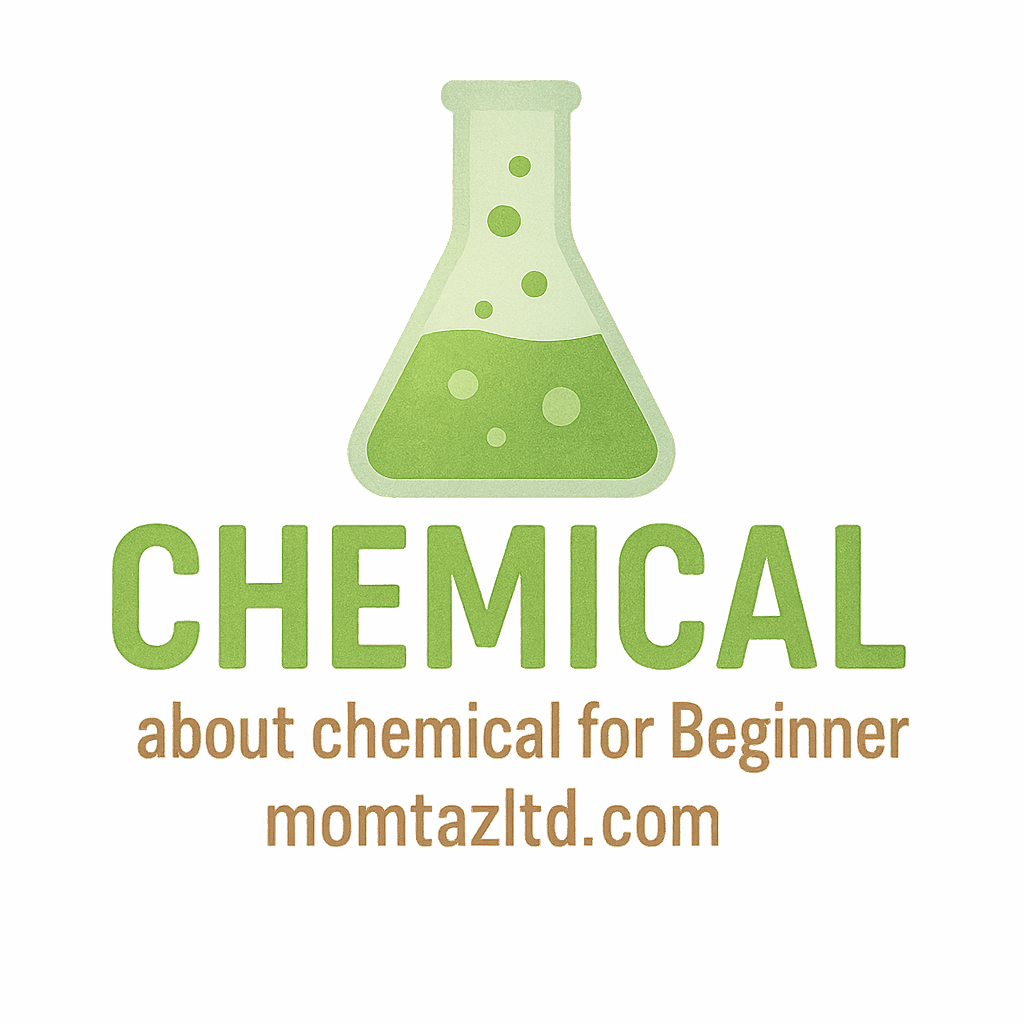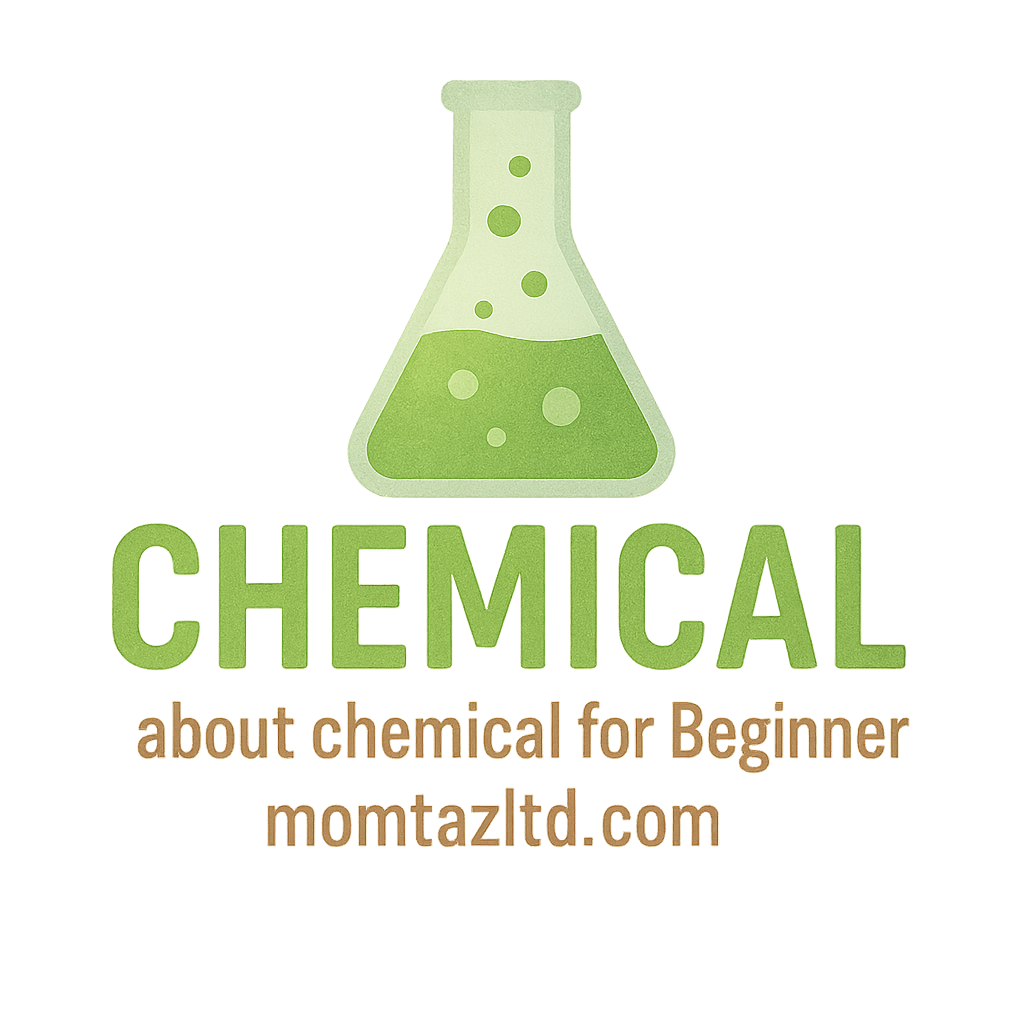Introduction
Handling chemicals at home might sound like something only scientists or professionals worry about, but the truth is, we all deal with them every day. From cleaning sprays to insect repellents, paints, and even laundry detergents, chemicals are everywhere in our homes. For beginners, not knowing how to handle them properly can quickly lead to accidents. That’s why learning safety tips for chemical handling is not just smart—it’s essential.
In this guide, we’ll break down 11 simple yet powerful safety practices every beginner can follow to keep their household safe and chemical use under control.
Why Chemical Safety Matters at Home
Common Household Risks
Most homes contain a mix of household chemicals like bleach, ammonia, detergents, and disinfectants. While these products are designed to make life easier, misusing them can cause burns, poisoning, or even fire hazards.
You can explore more details about household items and their risks in this guide on household chemicals.
Beginners and Chemical Mistakes
Beginners often underestimate the risks, assuming “if it’s sold in stores, it must be safe.” That mindset can lead to mistakes such as mixing products or skipping protective gear—simple errors that can cause dangerous chemical accidents.
Safety Tip 1: Always Read Labels Carefully
Labels are your first line of defense when handling chemicals.
Understanding Chemical Terms
Many beginners skip over the technical terms on labels, but they hold important safety instructions. Learning about common terms can help you recognize hazards faster. You can brush up on useful words here: chemical terms.
Using Instructions as a Guide
Instructions aren’t suggestions—they’re tested safety guidelines. Following the recommended dosage, dilution, and usage area keeps you safe from toxic exposure.
Safety Tip 2: Store Chemicals in Proper Containers
Proper storage is key to preventing accidents.
Avoiding Chemical Accidents
Storing bleach in an old soda bottle might seem harmless, but it can lead to poisoning if someone mistakes it for a drink. That’s why good chemical storage practices are critical. More on this topic can be found here: chemical storage.
Safe Storage Practices
Always keep chemicals in their original containers with labels intact. Use lockable cabinets for dangerous products and store flammables away from heat sources.
Safety Tip 3: Keep Chemicals Out of Reach of Children and Pets
Children and pets are naturally curious, which makes them vulnerable. A colorful bottle under the sink might look like juice to a toddler. Always use childproof locks or store chemicals on high shelves.
Safety Tip 4: Use Protective Gear Every Time
Gloves, Masks, and Goggles
Protective equipment doesn’t just belong in laboratories. Wearing gloves protects your skin, goggles shield your eyes from splashes, and masks prevent inhaling toxic fumes.
Even for something as simple as mixing cleaning solutions, take a moment to gear up—it’s a small step that prevents big problems.
Safety Tip 5: Never Mix Chemicals Without Knowledge
Mixing household chemicals is one of the fastest ways to create toxic reactions.
Dangerous Reactions
For example, bleach and ammonia together release chloramine gas, which can cause severe lung damage. Beginners should avoid experimenting with chemical mixing at home.
Common Household Examples
Even natural cleaners can be risky if mixed improperly. Vinegar and bleach, for instance, create chlorine gas—another harmful byproduct.
For beginners, sticking to ready-made solutions is always safer. Learn more about this topic here: chemical reaction.
Safety Tip 6: Ensure Proper Ventilation
Always use chemicals in well-ventilated spaces. Open windows, switch on exhaust fans, or work outdoors if possible. Poor ventilation can trap harmful fumes indoors, increasing the risk of headaches, dizziness, or long-term health problems.

Safety Tip 7: Handle Household Chemicals With Care
Avoiding Spills and Splashes
Pour slowly, avoid shaking bottles, and don’t rush the process. A single splash can cause burns or eye irritation.
Household Cleaning Solutions
Everyday cleaners like bathroom sprays or oven degreasers need careful handling. If you’d like a beginner’s guide, visit beginner chemistry for practical advice.
Safety Tip 8: Learn Basic First Aid for Chemical Accidents
Accidents happen—even with precautions. Knowing first aid can minimize damage.
Eye Contact
If chemicals splash into your eyes, rinse immediately with clean water for at least 15 minutes and seek medical help.
Skin Exposure
Remove contaminated clothing and rinse skin thoroughly. Never apply ointments unless advised by a doctor.
You can learn more about accident responses here: chemical accidents.
Safety Tip 9: Dispose of Chemicals Responsibly
Why Dumping Is Dangerous
Pouring chemicals down the drain or tossing them in the trash can contaminate water supplies or harm sanitation workers.
Proper Disposal Channels
Look for local hazardous waste collection centers. Many communities have dedicated days for collecting unused household chemicals safely.
Safety Tip 10: Keep Emergency Numbers Handy
Keep contact numbers for poison control centers, local hospitals, or fire departments on your fridge or phone. In an emergency, quick access to help can make all the difference.
Safety Tip 11: Educate Yourself Continuously
Beginner Chemistry Resources
There’s always more to learn. Beginners should explore resources like learn chemical and practice chemistry to build confidence.
Learning from Experts
Websites such as Momtaz Ltd share insights into chemical basics, industrial chemicals, and even laboratory chemicals. Following chemical scientists can also keep you updated.
Common Beginner Mistakes with Household Chemicals
- Using the wrong cleaning product for the wrong surface
- Forgetting gloves and masks
- Leaving open bottles unattended
- Mixing different cleaners out of curiosity
- Storing chemicals in the kitchen near food
Building a Culture of Chemical Safety at Home
Teaching Family Members
Make safety a household rule. Teach kids never to touch chemical containers and explain why they’re dangerous.
Practice Chemistry Responsibly
If you’re experimenting with DIY cleaning solutions or lab projects, follow responsible methods. Resources like lab experiments can guide you safely.
Conclusion
Chemicals are part of our daily lives, but they don’t have to be dangerous. By following these 11 safety tips for chemical handling, beginners can reduce risks and build safer homes. The key is awareness, preparation, and education. With protective gear, proper storage, and ongoing learning, anyone can handle chemicals responsibly.
For more insights and guides, explore Momtaz Ltd and its beginner-friendly resources.
FAQs
Q1: What is the first thing a beginner should know about chemical safety?
A beginner should always start with reading labels carefully—they contain crucial safety information.
Q2: Can I mix vinegar and bleach for cleaning?
No. Mixing vinegar and bleach releases toxic chlorine gas.
Q3: How should I dispose of expired chemicals at home?
Use local hazardous waste collection centers—never pour them down drains or throw them in the trash.
Q4: Do all household chemicals require protective gear?
Yes. Even mild cleaners can irritate skin or eyes. Gloves and masks are simple safeguards.
Q5: What should I do if I accidentally inhale fumes?
Move to fresh air immediately. If you feel dizzy or nauseous, seek medical attention.
Q6: Why can’t I store chemicals in food containers?
Because it can lead to accidental poisoning if someone mistakes the chemical for food or drink.
Q7: Where can I learn more about beginner-friendly chemical knowledge?
You can start with resources like beginner chemistry or explore more guides on Momtaz Ltd.


